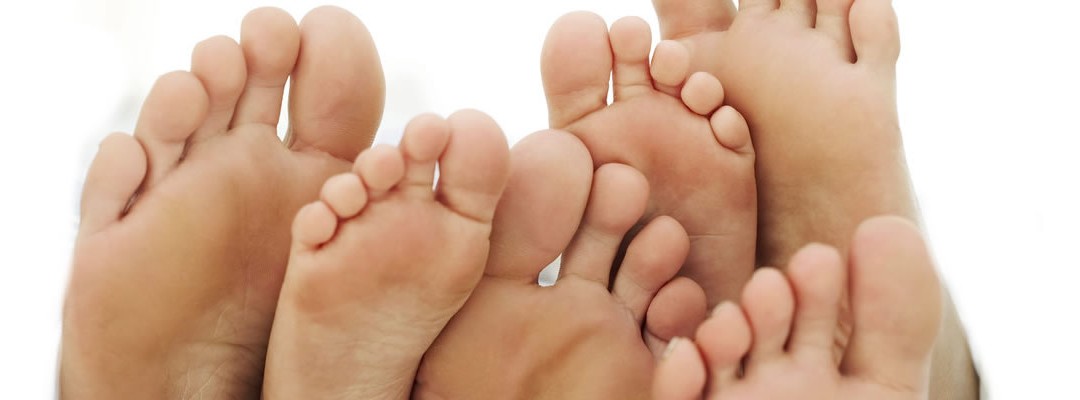Toenail fungi, the same bugs that cause athlete’s foot, squeeze under toenails and hide. Foot sweat combines with the toe jam and toenail fungus to form a damp festering jelly which is an unstoppable force. This is a toenail-fungus patient memoir.
In fact, athlete’s foot is one of the most common toenail fungus infections. Often, toenail fungus follows athlete’s foot. Almost anyone who wears tight-fitting shoes or tight hosiery is more likely to develop toenail fungus, especially if they also practice poor foot hygiene. Use different towels to dry off the infected skin area. For athlete’s foot and toenail fungus, keep your feet and shoes aired and dry. This will reduce your risk for getting athlete’s foot, toenail fungus, bacteria or warts, but it isn’t foolproof.
Foot surgery should always be a last resort for fungus toenails, but if needed, it is absolutely done right in the podiatrist’s office. For further information or to schedule an appointment to evaluate and treat toenail fungus, consult with your Podiatrist.
The medicines used to treat athlete’s foot are normally totally ineffective against fungus toenails infections. The drug is used in the United States to treat toenail fungus, and several kinds of thrush as well as cryptococcal meningitis. Treat athlete foot regularly as it can progressively lead to a condition of toenail fungus.
To treat toenail fungus apply tea tree oil to all areas of the toenail and toe that are affected by the fungus. Due to the well known fact that it is difficult to treat or eradicate toenail fungus, it is a good idea to try to prevent it. Fungal infections can affect the fingernails as well as the toenails, but toenail fungus is more difficult to treat because toenails grow more slowly.


